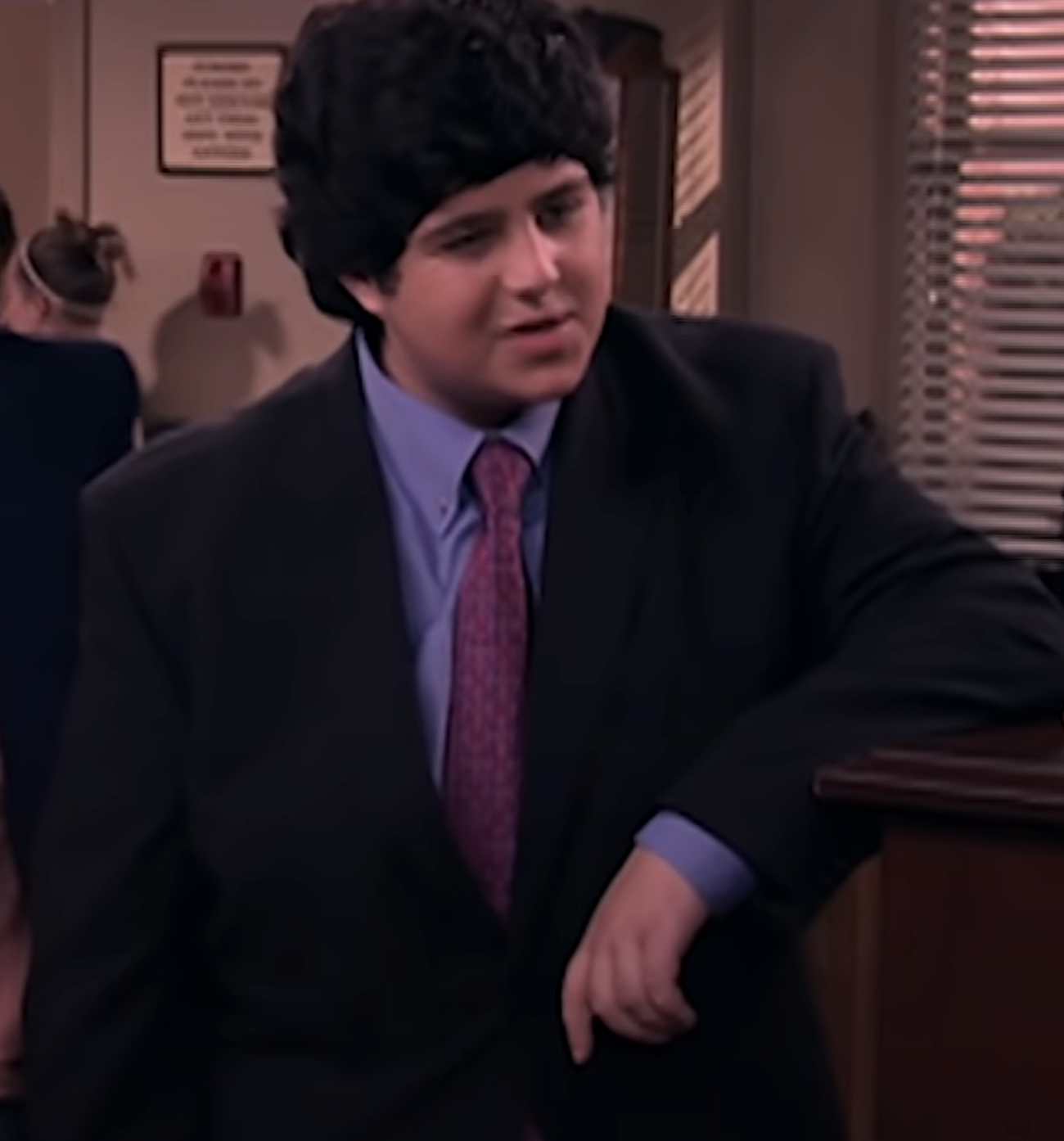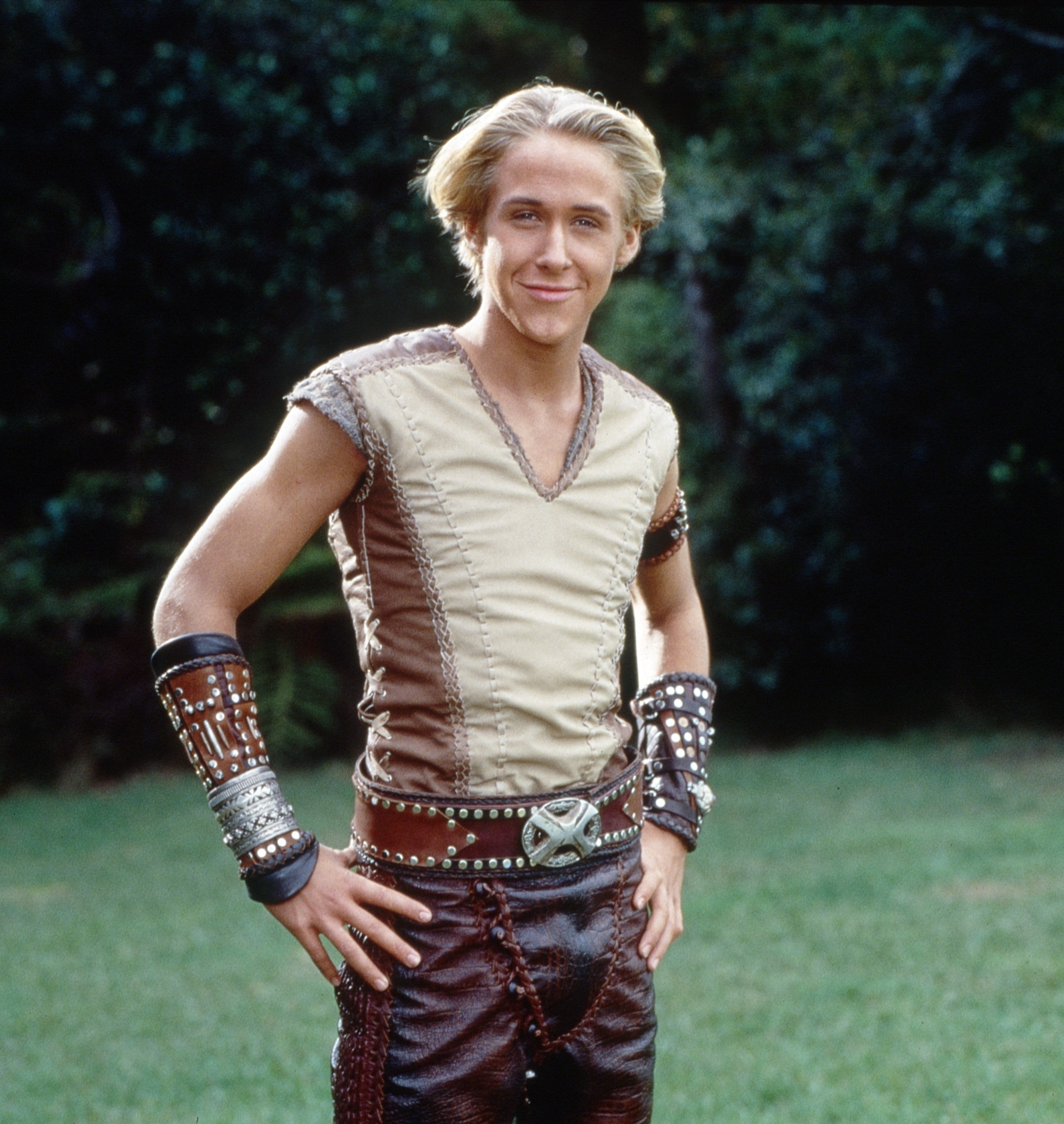Child entertainers are exempt from child labor laws, though most states still have regulations in place to protect them. Unfortunately, however, the adults in charge sometimes find "loopholes" for these laws.
Here are 11 child stars who were pressured into emancipation, early graduation, and other loopholes so they could work adult hours:
1. The Crush producers told 15-year-old Alicia Silverstone to get emancipated so they could get around child labor laws.

She told Rolling Stone, "If you're emancipated, it means you're legally 18 and can work crazy hours...It's too hard to get emancipated in LA, so my dad tracked down a place in Oakland. I had to stand before a judge and tell him I was living on my own, which was not true, and also tell him I was self-supporting, which was true. And then after sophomore year, I quit high school."
Her dad, Monty Silverstone, added, "I didn't want her to be emancipated, but her agent kept telling me if she wasn't emancipated, she wouldn't get The Crush. So I weakened and sat Alicia down and said, 'Listen, you're emancipated, but you've got to promise you're always going to be my little girl. I don't want anything to change. It's got to be exactly as it is now.'"
Alicia said that "nothing really changed," but her mom, Didi, said that she felt like she "lost" her daughter when she went to shoot The Crush.
2. At 17, Daniella Monet emancipated herself so that she could shoot Taking 5. On the podcast Vulnerable with Christy Carlson Romano, she said, "I did a high school equivalency exam, which was not even a legit high school equivalency exam...A lot of people were doing it at the time. I went to this place in, like, Koreatown. They say it's a four-hour test. You sit down. You answer a bunch of questions, and then they give you a high school diploma."

On TikTok, she also said, "It was like $700 or $800...I know several people [who did this], but I will not name names because, they're, like, big actors."
3. At the suggestion of someone who worked for Nickelodeon, Josh Peck got his GED at 16 so that he could stop doing on-set school, which cut into the number of hours he was legally allowed to work.

On the podcast Cancelled with Tana Mongeau, he said, "I just remember it was floated, and I can't tell you who, but they definitely worked for the show. They were like, 'You know, there's a guy..And you kinda go, and you take a GED test. And if you don't pass it, he helps you.'
4. When Eliza Dushku was 17, she was given a bigger role on Buffy the Vampire Slayer, but she was reportedly required to get emancipated so she could film at night.

The judge was a fan who asked for a signed picture before she signed the emancipation order.
5. When 15-year-old Avril Lavigne visited a music studio in New York, she had an impromptu meeting with LA Reid, who signed her to a record deal that day. So, she left high school and moved to NYC.

She told Private Sessions, "I was supposed to do homeschooling. I had books, but I didn't do it. So, basically, I'm a high school dropout."
6. With her mother's help, Laura Dern got emancipated to make it easier to get work as an actor.

She also graduated high school early by doubling up on classes.
7. When Juliette Lewis was 14, her parents helped her get emancipated based on the advice of other parents of child actors.

She told HuffPost Live, "I know that sounds all radical, but when you start acting when you're younger, you talk to other actor kids and their moms, and they're like, 'Yeah, if you want to get a job, they like on your resume to say emancipated minor versus minor, because you then can work over eight hours.'"
8. When Ryan Gosling was 17, he reportedly dropped out of high school in Canada so that he could film Young Hercules in New Zealand.

A few years earlier, when he was on The Mickey Mouse Club in the US, his mom had to return to Canada for her job, so, for six months, his costar Justin Timberlake's mom was his legal guardian.
9. At 15, Jaime Pressly got emancipated from her parents so that she could go to Japan on a modeling contract.

She told NBC Miami, "I felt for my parents. I apologized profusely years later, but I was just very strong-willed and strong-minded and had my own ideas, thought outside of the box. And coming from a small town, I really didn't fit in at all."
10. To work longer hours, Michelle Williams emancipated herself and moved into her own apartment in Burbank at 15.

She told GQ, "It was just stupid. I didn't know what I was taking on. I don't think things through very often—I don't project into the future about how a situation will turn out. Even the simplest things, I'm guilty of making really bad decisions a lot of the time. In my work it's a capacity that's served me well, but in my life it can be a problem."
She also told the Guardian, "There are some really disgusting people in the world, and I met some of them."
11. And finally, Alyson Stoner, who began working at eight, had agents who encouraged them "to look at early emancipation" so they could work longer hours in order to increase their "hire-ability."

In an op-ed for People, they wrote "While some companies stay within the legal range of working hours for minors, many do not. Regardless, set conditions are inappropriate and hazardous."
Despite the pressure, they didn't seek emancipation. They said, "The grief, trauma and stress overtake me like a tsunami, and I admit myself to rehab against the guidance of my team [at 17]. (They continue to send me auditions while I'm on bedrest.)...Unfortunately, I am reminded that taking this break risks losing momentum...I dared to lose everything I'd worked for and walk away long enough to gain paradigm-shattering insight. These privileges are not equally available, distributed or even encouraged. The opposite is regularly enabled."
